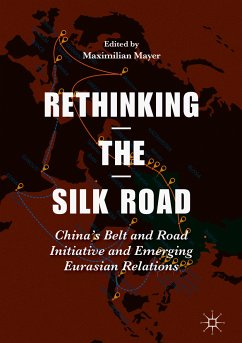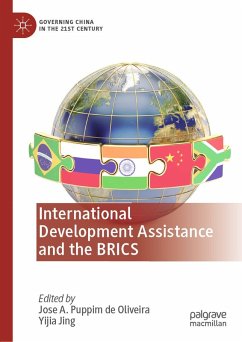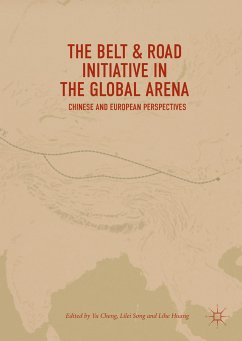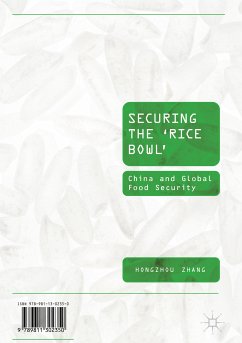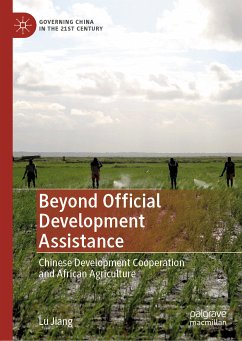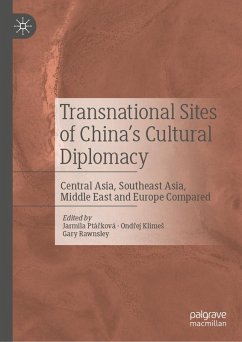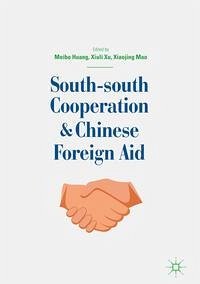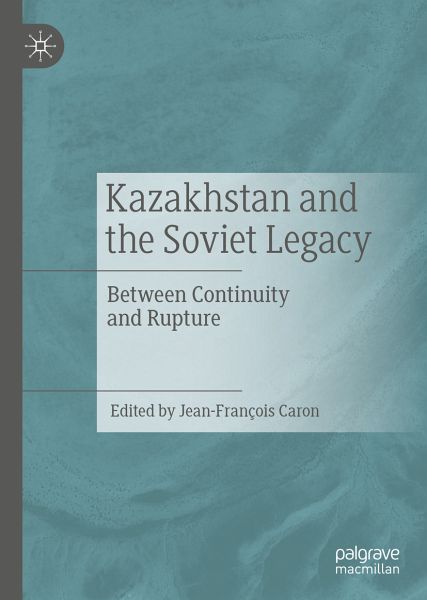
Kazakhstan and the Soviet Legacy (eBook, PDF)
Between Continuity and Rupture
Redaktion: Caron, Jean-François
Versandkostenfrei!
Sofort per Download lieferbar
96,95 €
inkl. MwSt.
Weitere Ausgaben:

PAYBACK Punkte
48 °P sammeln!
Provides a comprehensive view of Kazakhstan's struggle to affirm its sovereignty
Exposes scholars outside of the region to Central Asian thinkers on political philosophy
Offers a local perspective on the changes Kazakhstan faces in light of Chinese investment and development
Dieser Download kann aus rechtlichen Gründen nur mit Rechnungsadresse in A, B, BG, CY, CZ, D, DK, EW, E, FIN, F, GR, HR, H, IRL, I, LT, L, LR, M, NL, PL, P, R, S, SLO, SK ausgeliefert werden.




